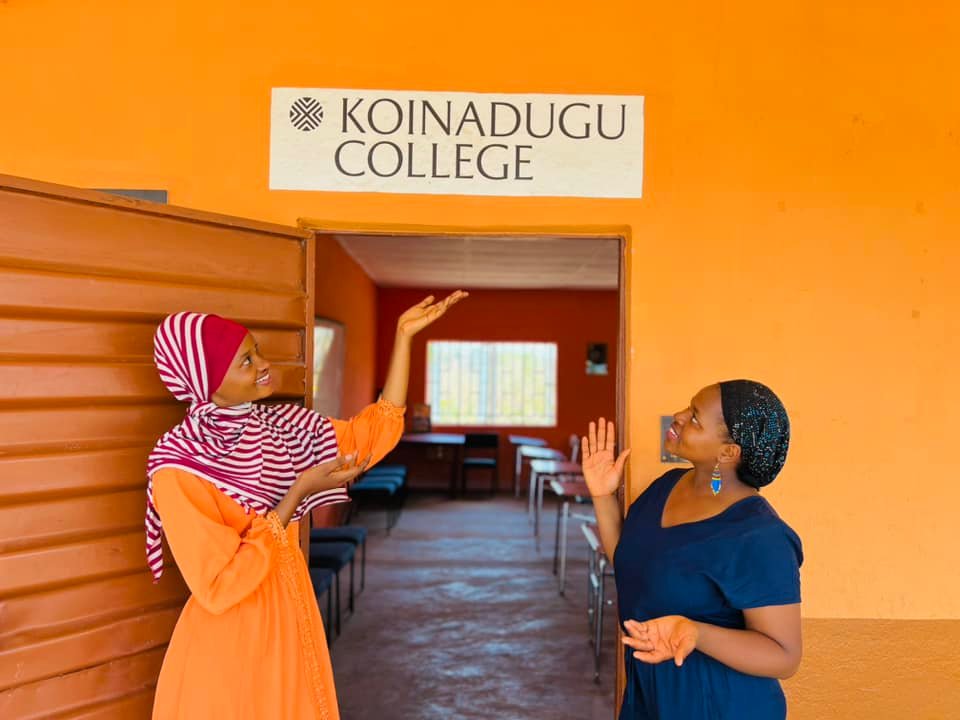Course Details
Course Duration
2 years
Career Opportunities:
Cultural Heritage Specialist
Researcher in Indigenous Knowledge Systems
Museum and Archive Curator
Historian and Anthropologist
Tour Guide & Cultural Tourism Expert
Skills Gained:
esearch & Documentation of Indigenous Knowledge
Critical Analysis of African History & Cultures
Traditional Governance & Conflict Resolution Techniques
Oral Tradition & Storytelling Techniques
Admission Requirements
- Candidates wishing to enrol for Diploma in National Diploma in African & Indigenous Studies must have two credits at WASSCE/GCE O’ level with at least a credit in a pure science subject or mathematics or at least five years of experience working in an agricultural institution.
- OND applicants must have three credit passes WASSCE/GCE O’ level with at least one credit in a pure science subject including English Language or a certificate in agriculture.
- Candidates wishing to pursue an HND programme must have four credit passes at WASSCE/GCE O’ level with at least two credits in pure science subjects including English Language or an OND.
- Candidates with Certificate in Agriculture wishing to pursue OND or with OND wishing to pursue HND without the required WASSCE/GCE O’ level passes must have a CGPA of 4.00 (80%).

African & Indigenous Studies

Course Overview
The National Diploma in African & Indigenous Studies is designed to provide students with an in-depth understanding of African history, cultures, traditions, and indigenous knowledge systems. This program explores the rich heritage, philosophies, governance structures, and contributions of African societies, highlighting their relevance in contemporary global discourse. Students will examine traditional African economies, languages, religions, arts, and literature, gaining insights into how indigenous knowledge has shaped modern African societies. The course also delves into Pan-Africanism, decolonization movements, and African identity, emphasizing the importance of preserving and promoting indigenous knowledge for sustainable development.
In addition to theoretical knowledge, the program incorporates fieldwork, ethnographic studies, and community engagement projects, allowing students to interact with local communities and document traditional knowledge systems. They will explore African oral traditions, folklore, and indigenous problem-solving techniques, fostering critical thinking and cultural appreciation. Graduates of this program will be well-equipped to work in cultural heritage organizations, government agencies, research institutions, tourism, education, and media, contributing to the preservation and promotion of African and indigenous knowledge systems on both national and international platforms
What You Will Learn
This program provides students with a broad and interdisciplinary understanding of African cultures, traditions, and indigenous knowledge. Key areas of study include African history and civilizations, exploring pre-colonial, colonial, and post-colonial Africa. Students will also study indigenous governance systems, traditional conflict resolution methods, and African philosophy, examining how these systems have influenced modern governance and leadership.
Additionally, the course covers African literature, oral traditions, and linguistic diversity, helping students appreciate the role of storytelling, folklore, and native languages in African societies. Indigenous environmental knowledge and sustainable practices are also key topics, as students analyze how traditional societies have managed natural resources. Other areas of study include African spirituality and religion, music and performing arts, gender roles in indigenous societies, and the impact of globalization on African traditions. By the end of the program, students will have the skills to document, research, and promote African and indigenous knowledge while advocating for its integration into modern development practices.
